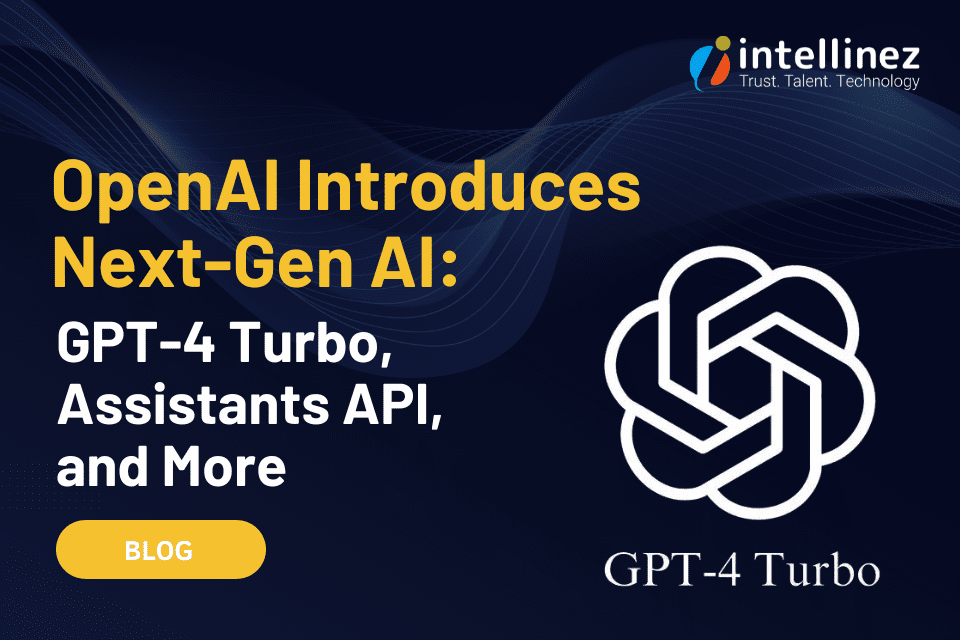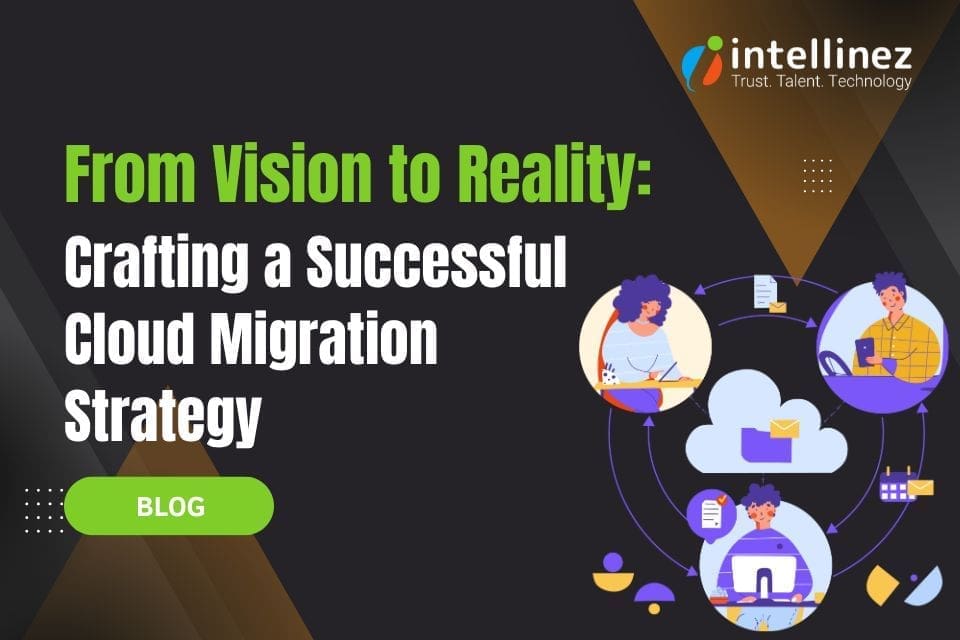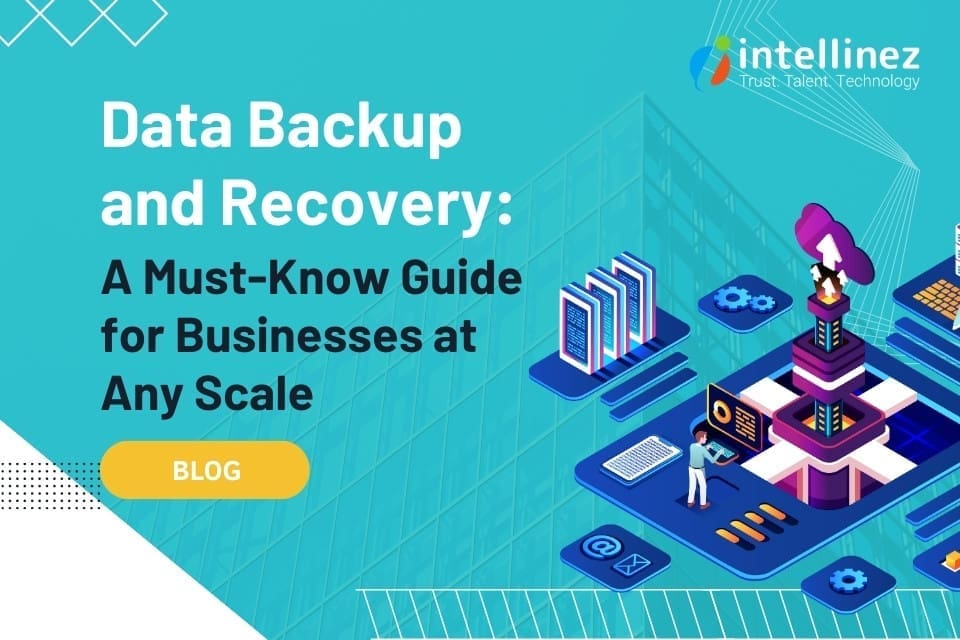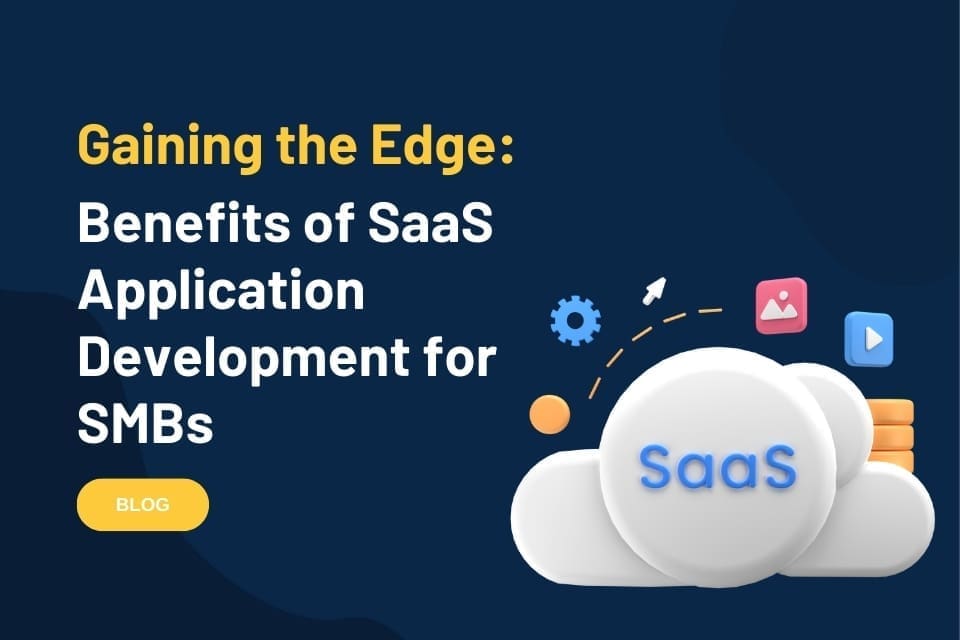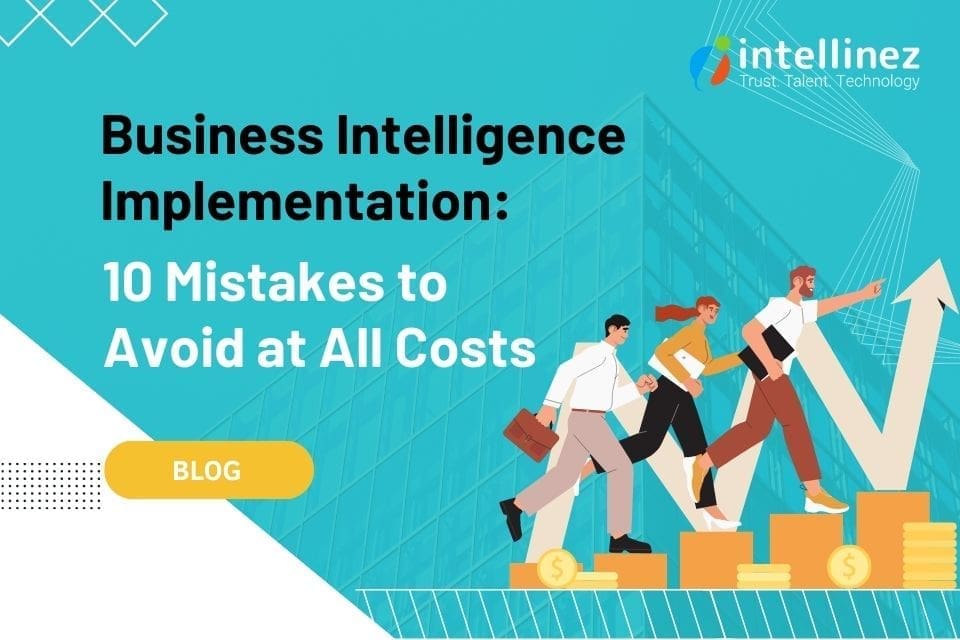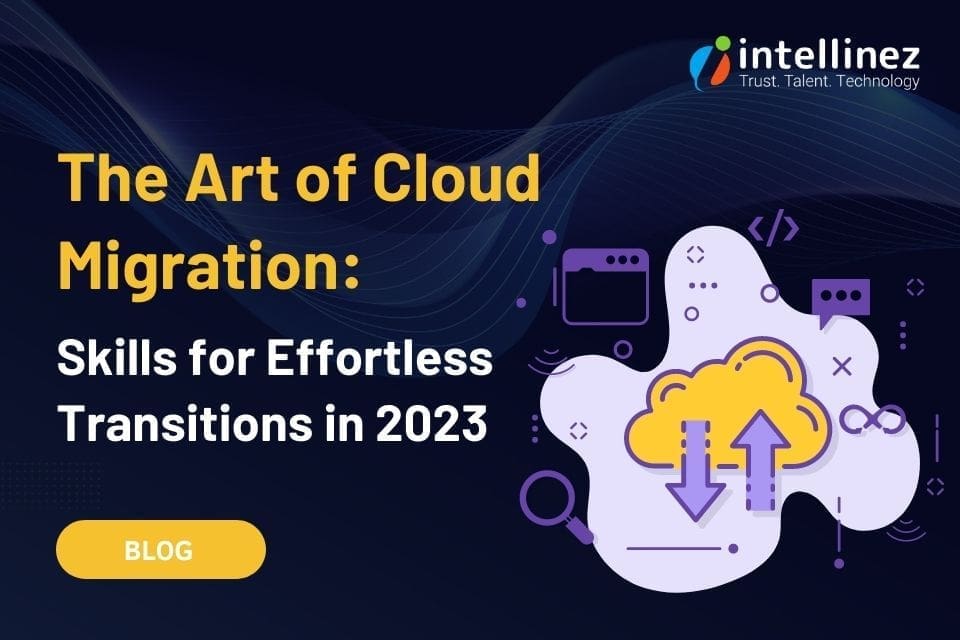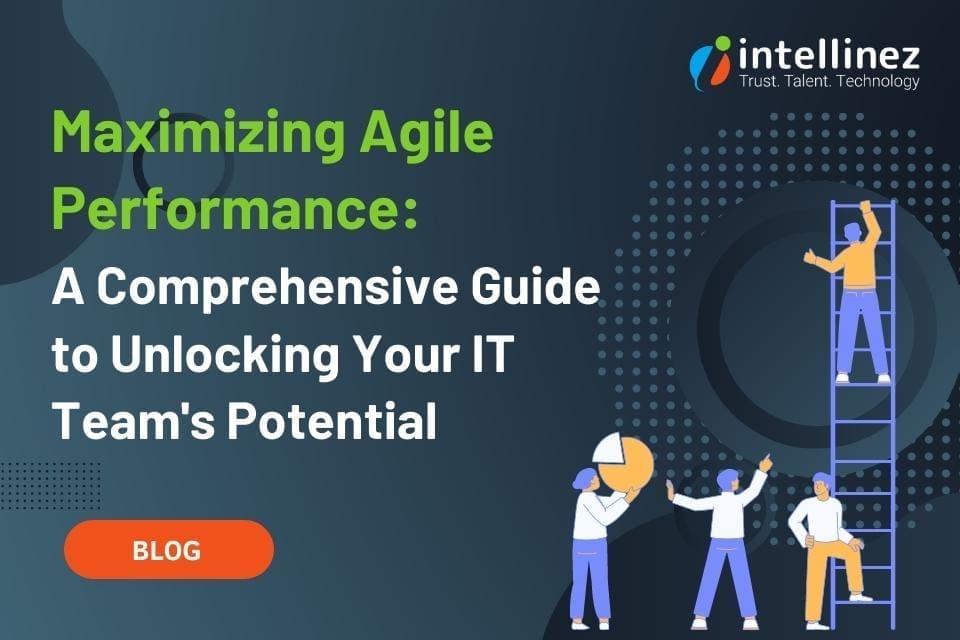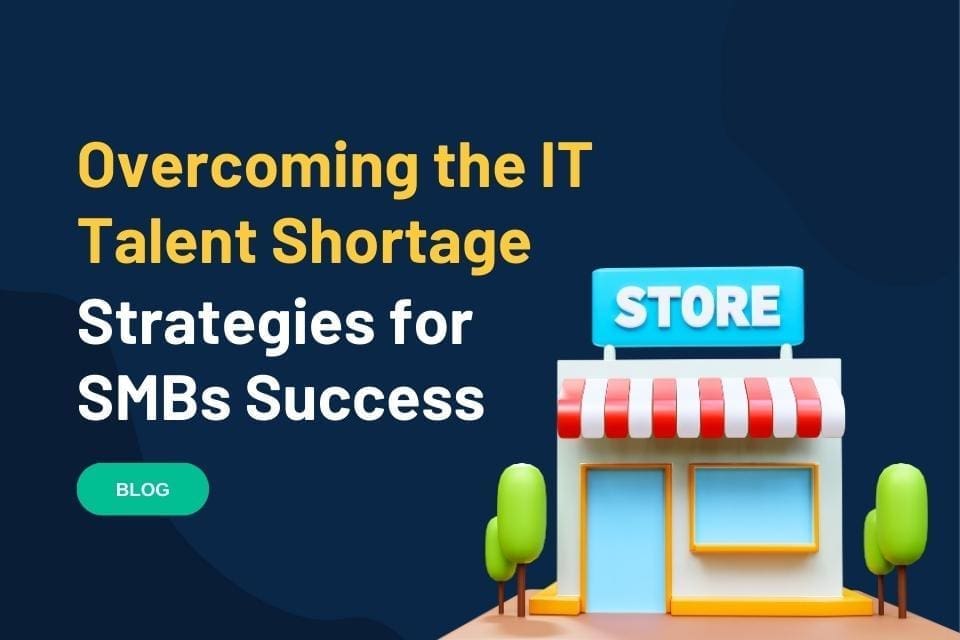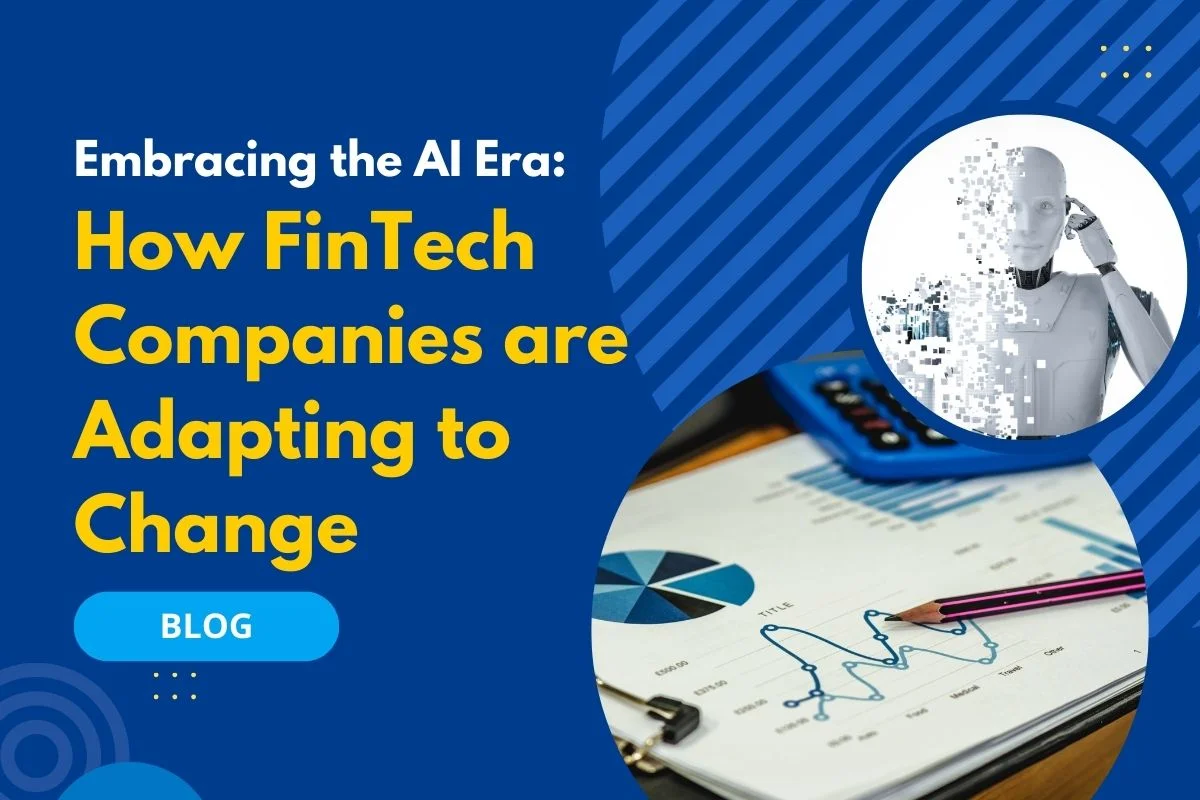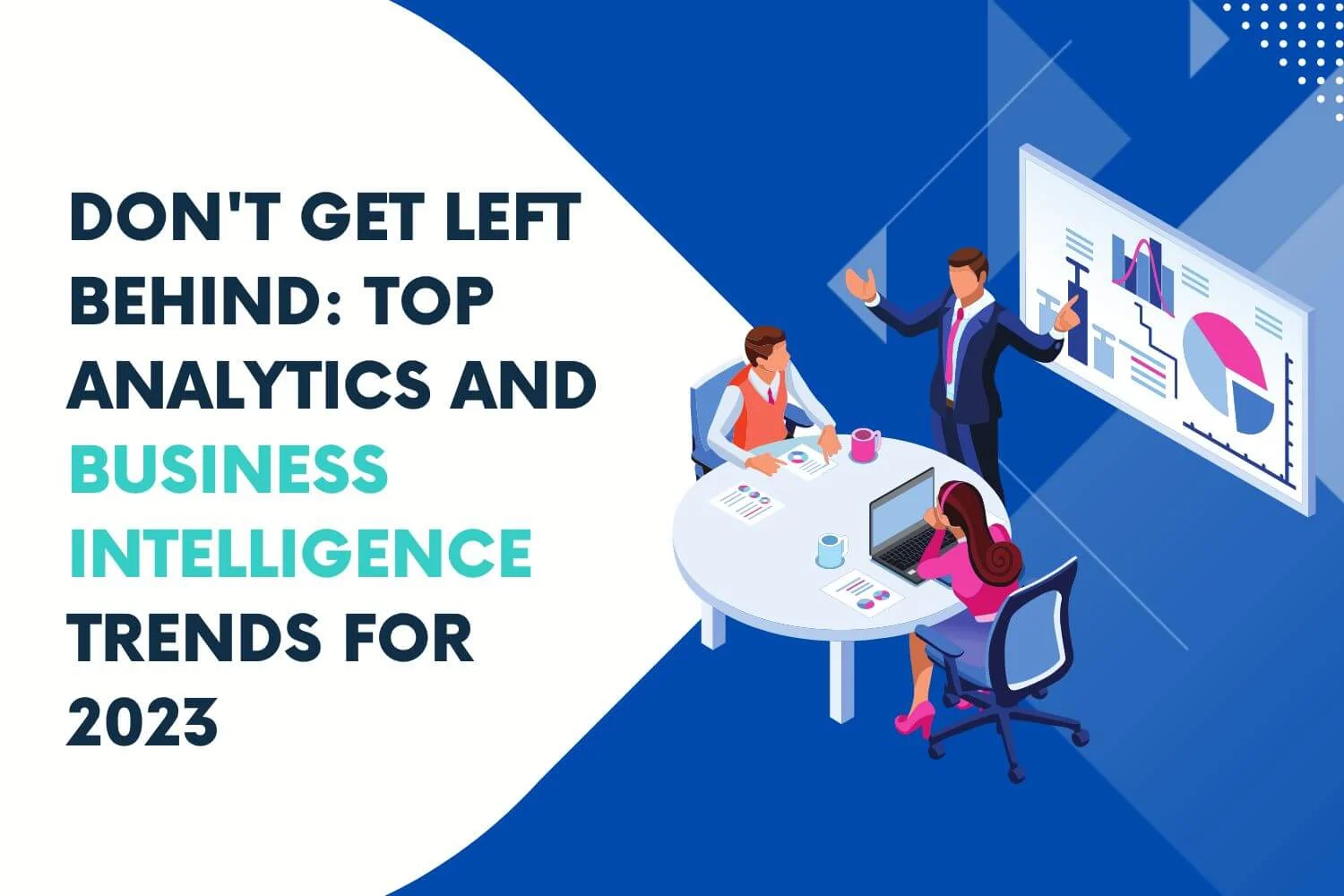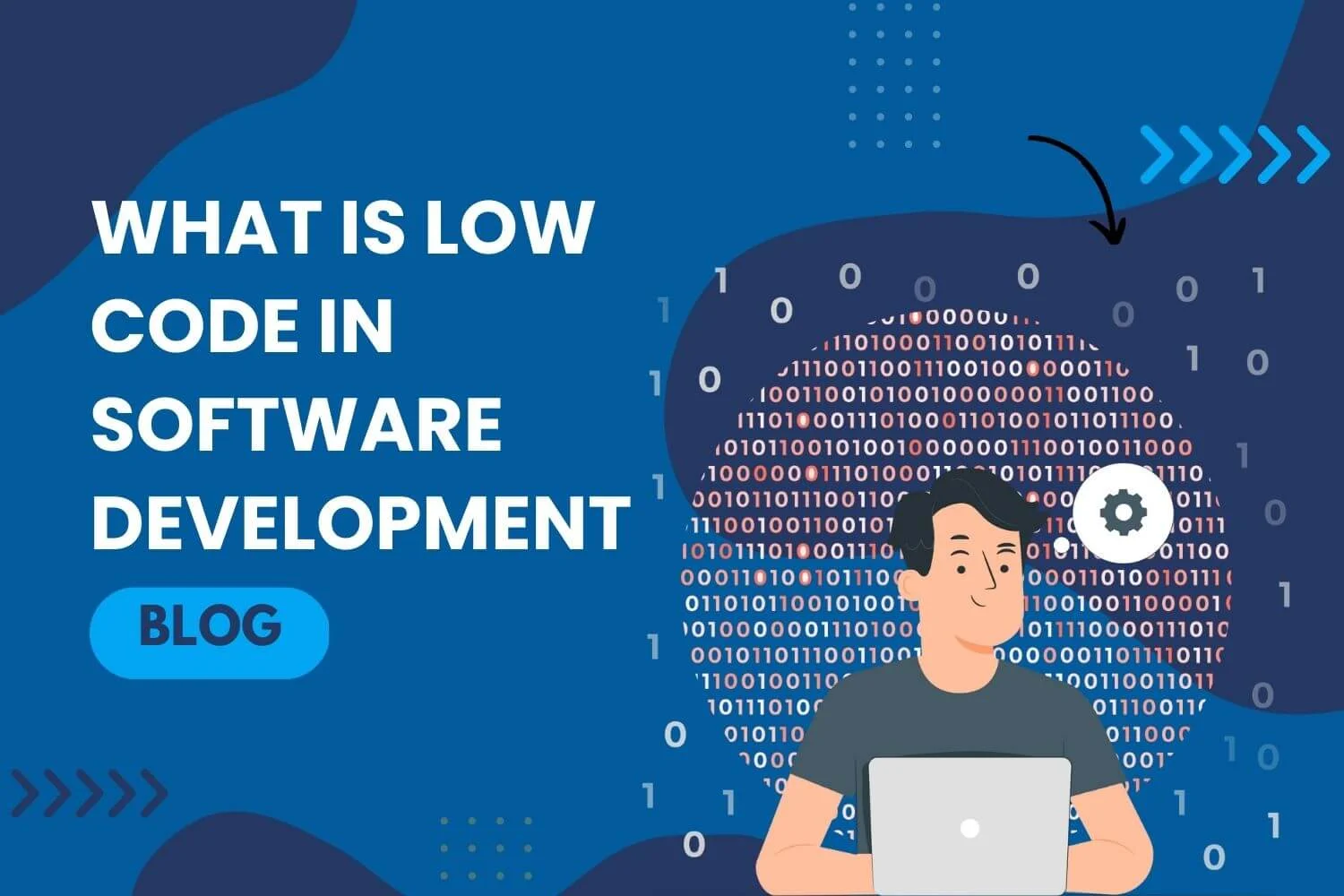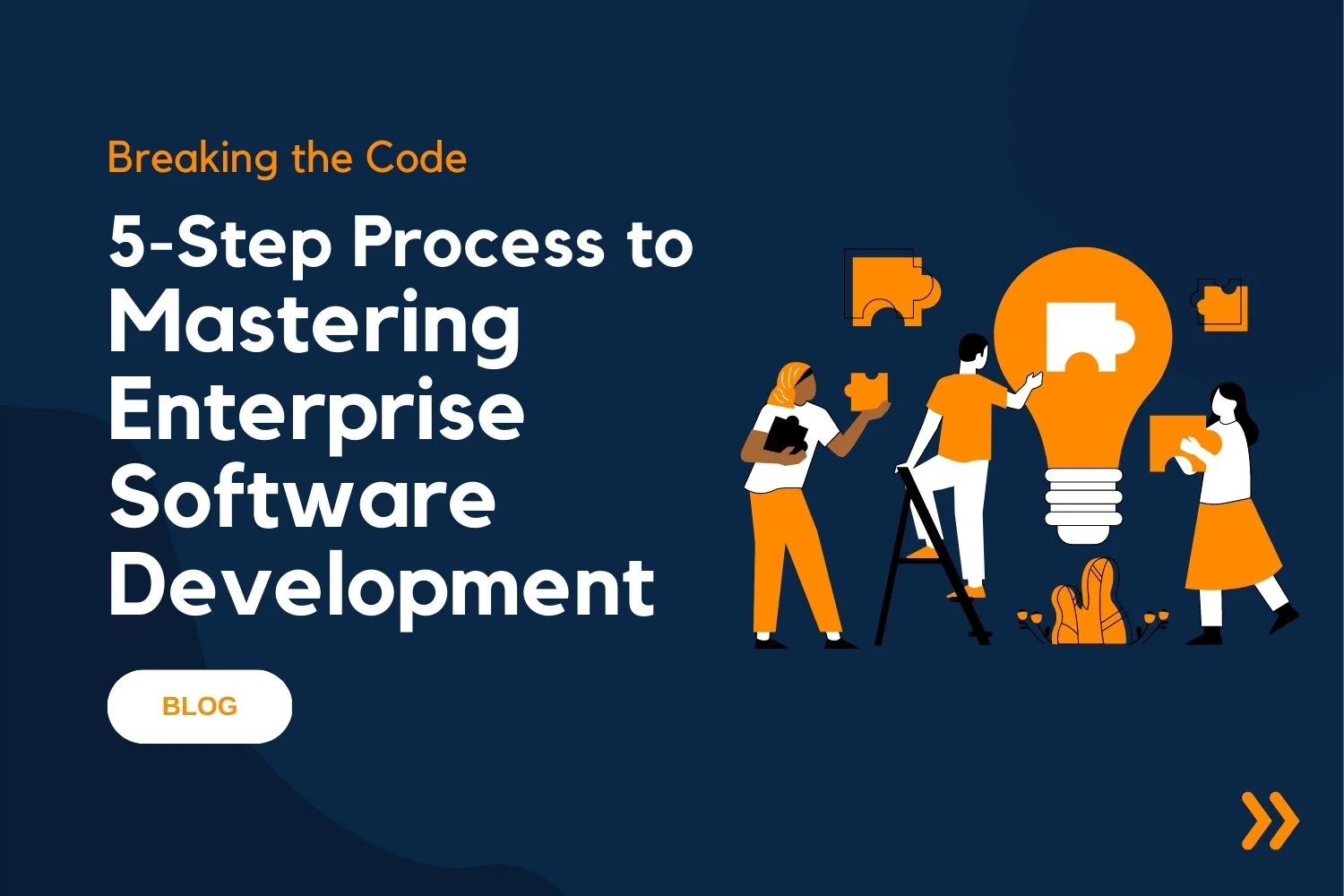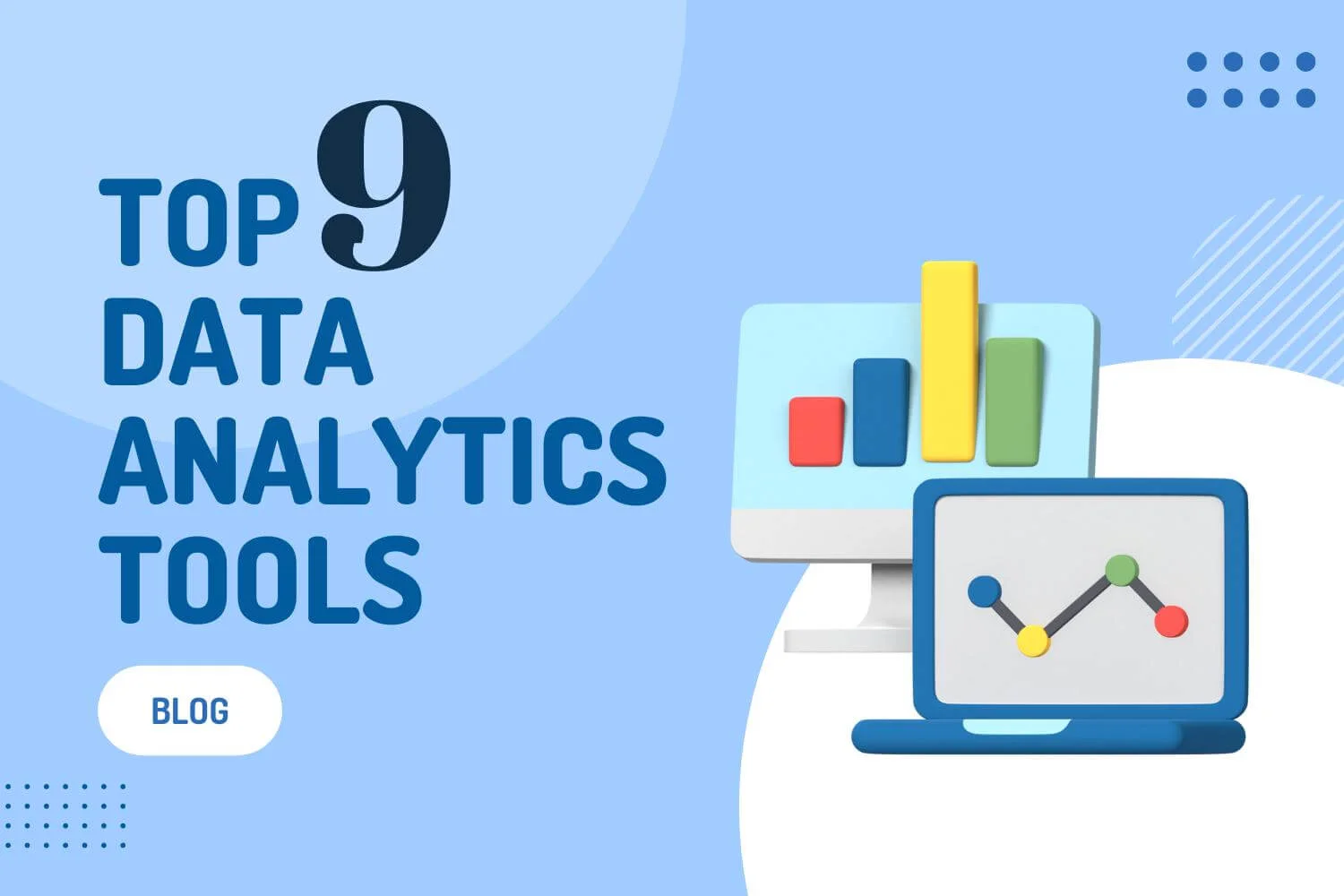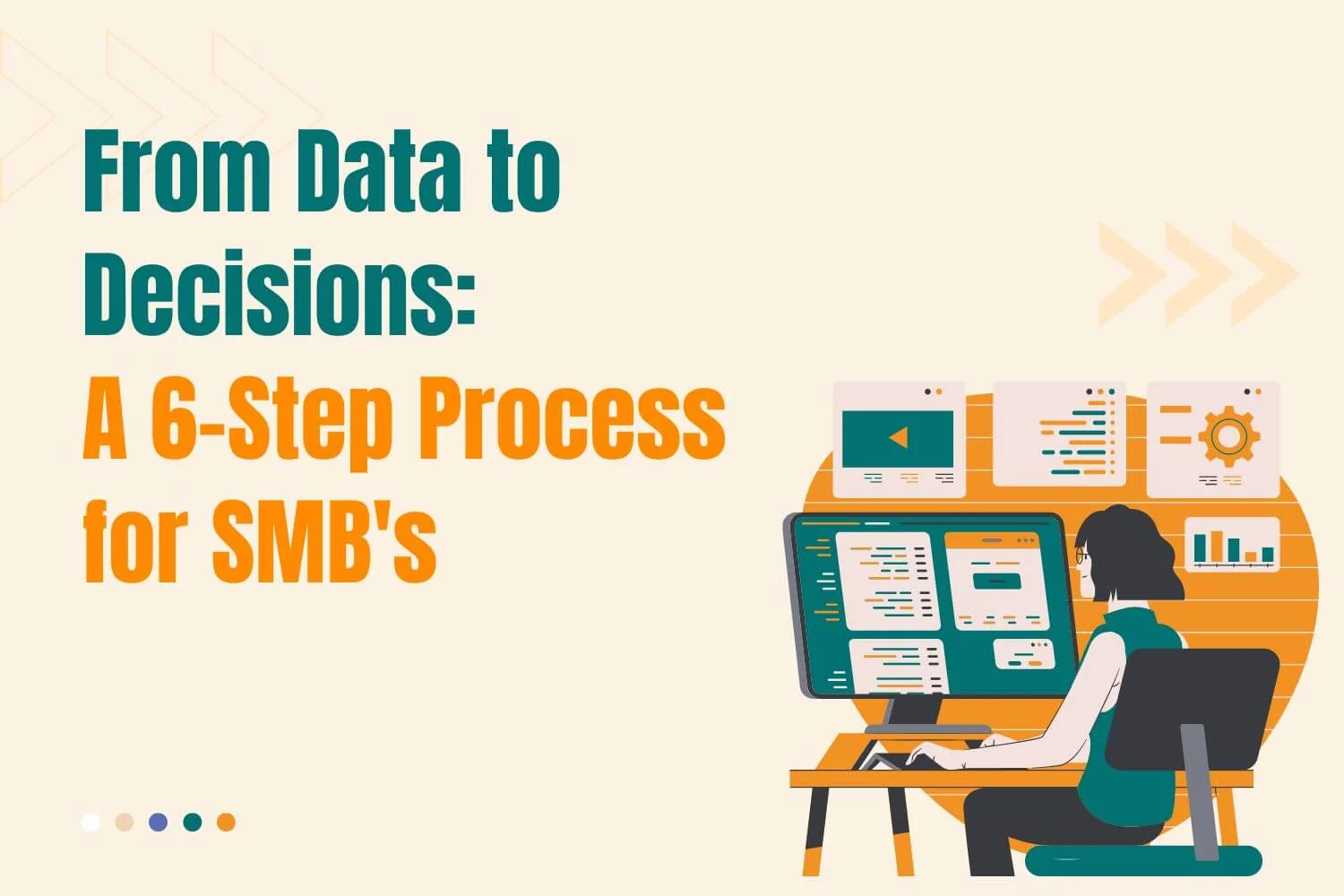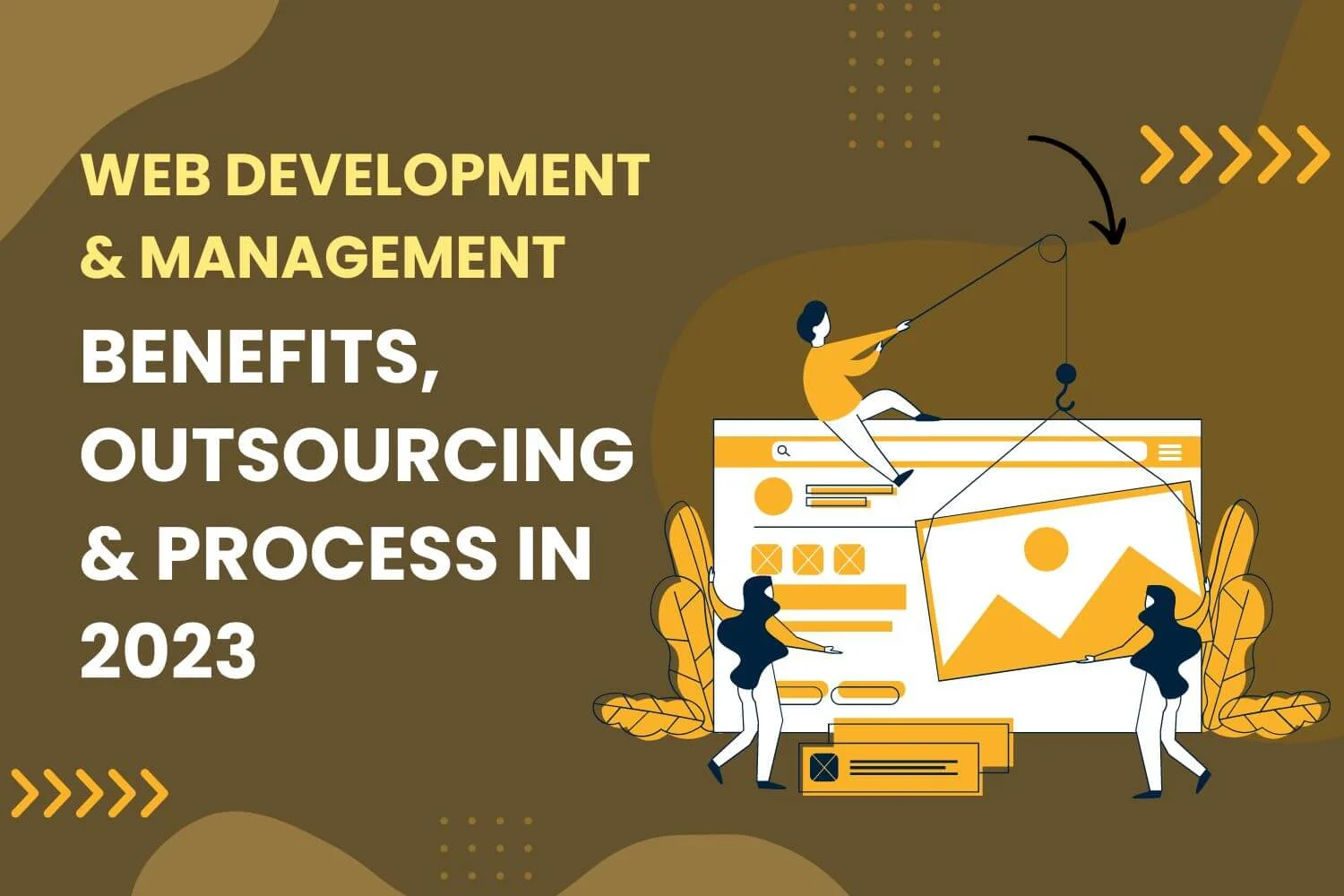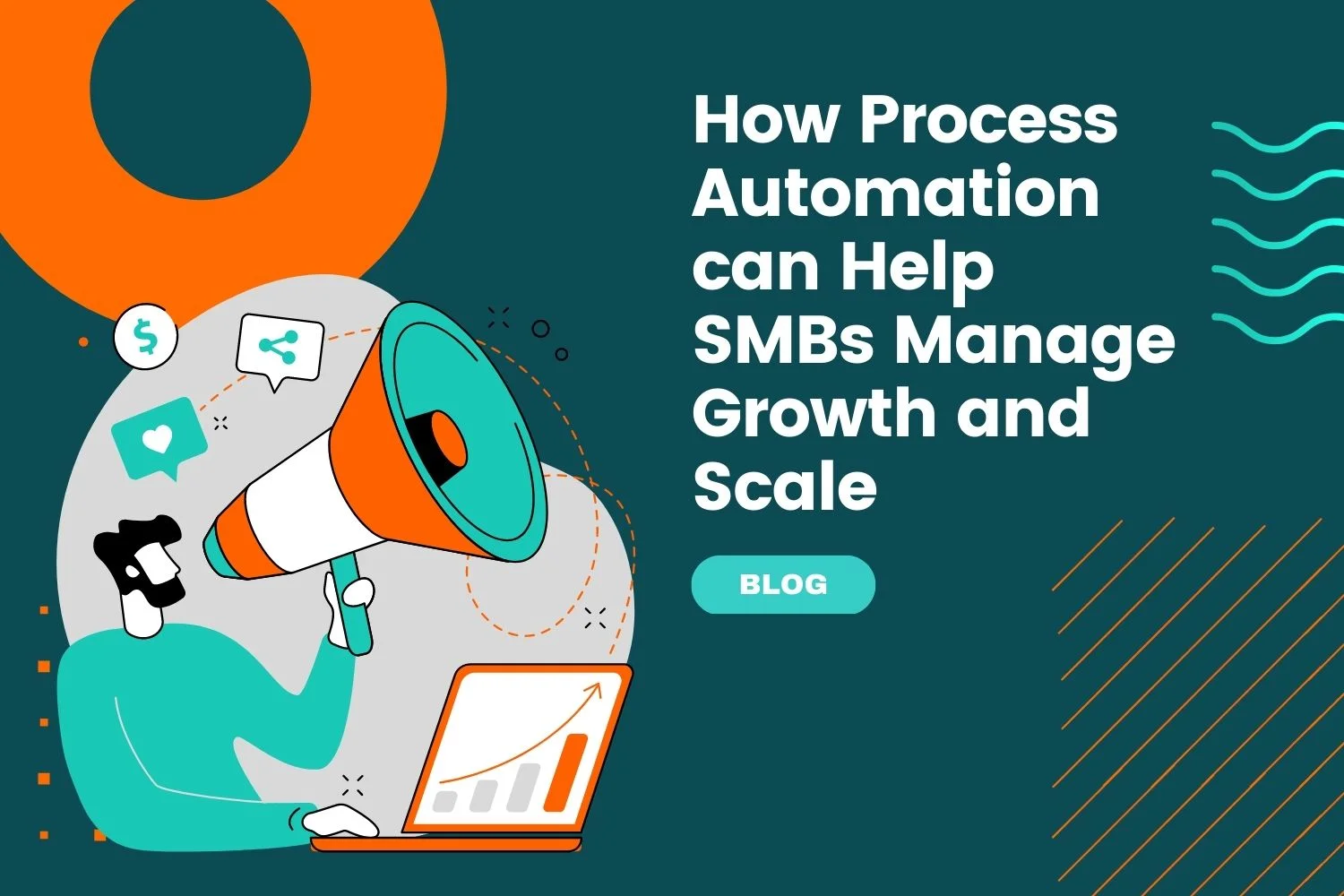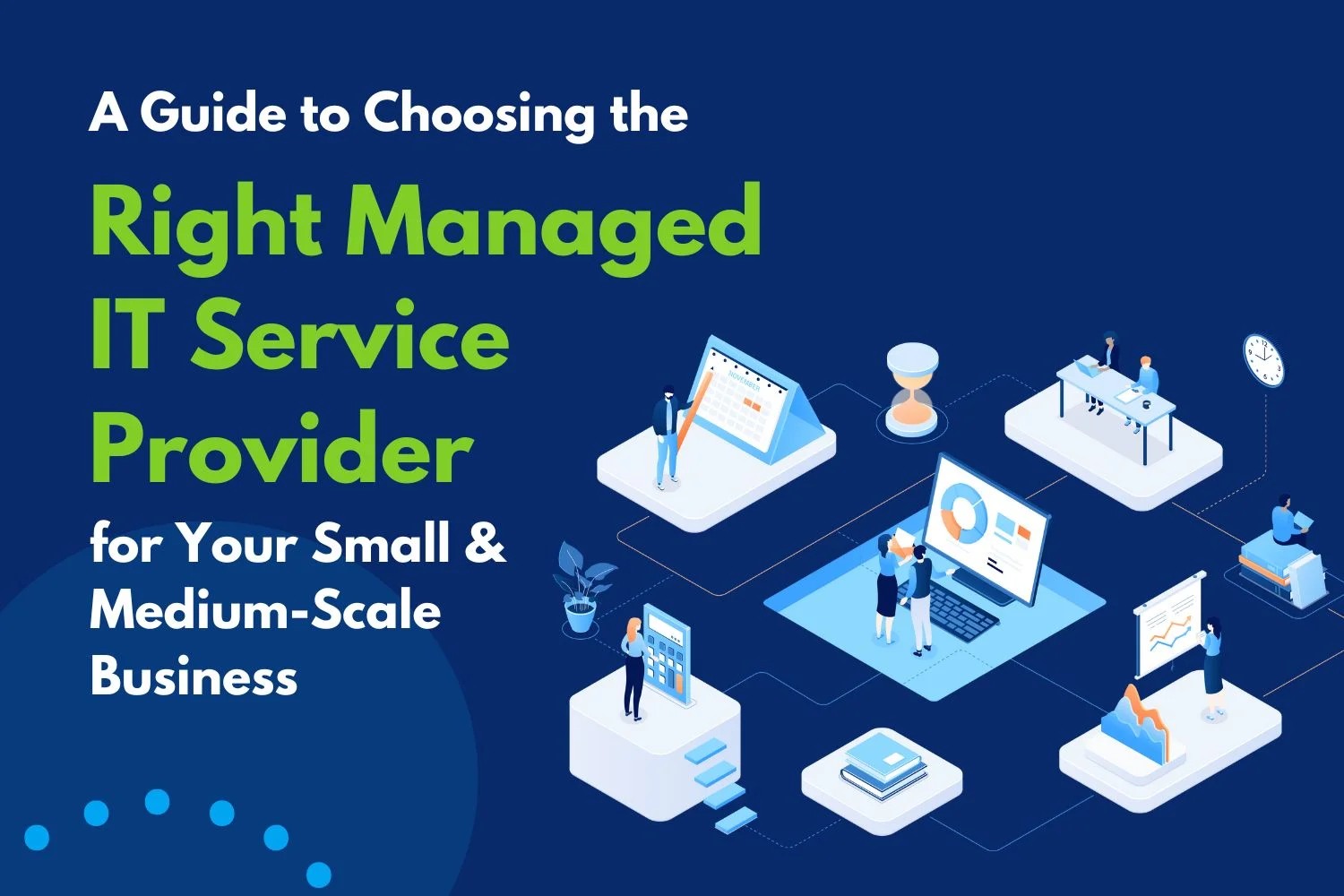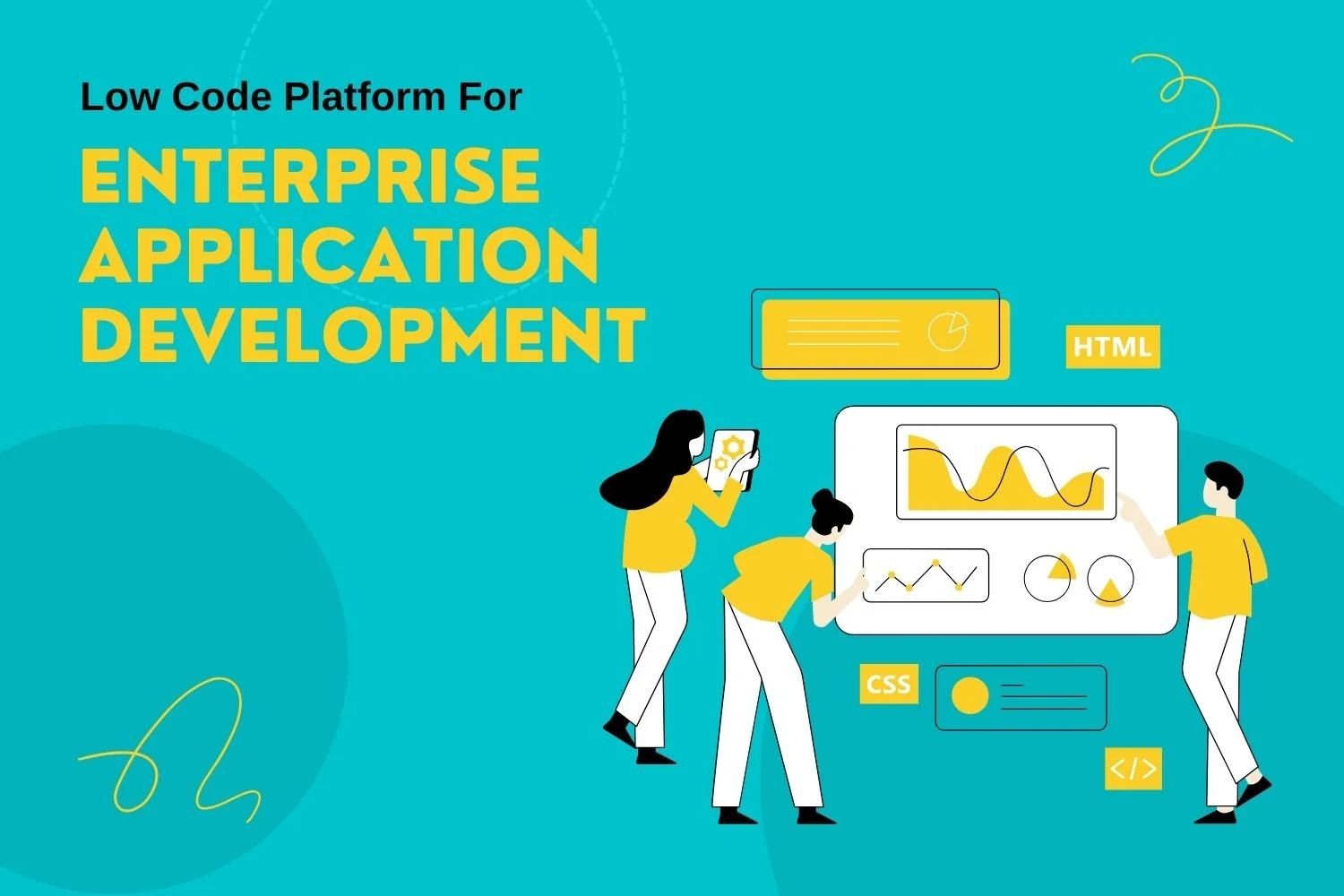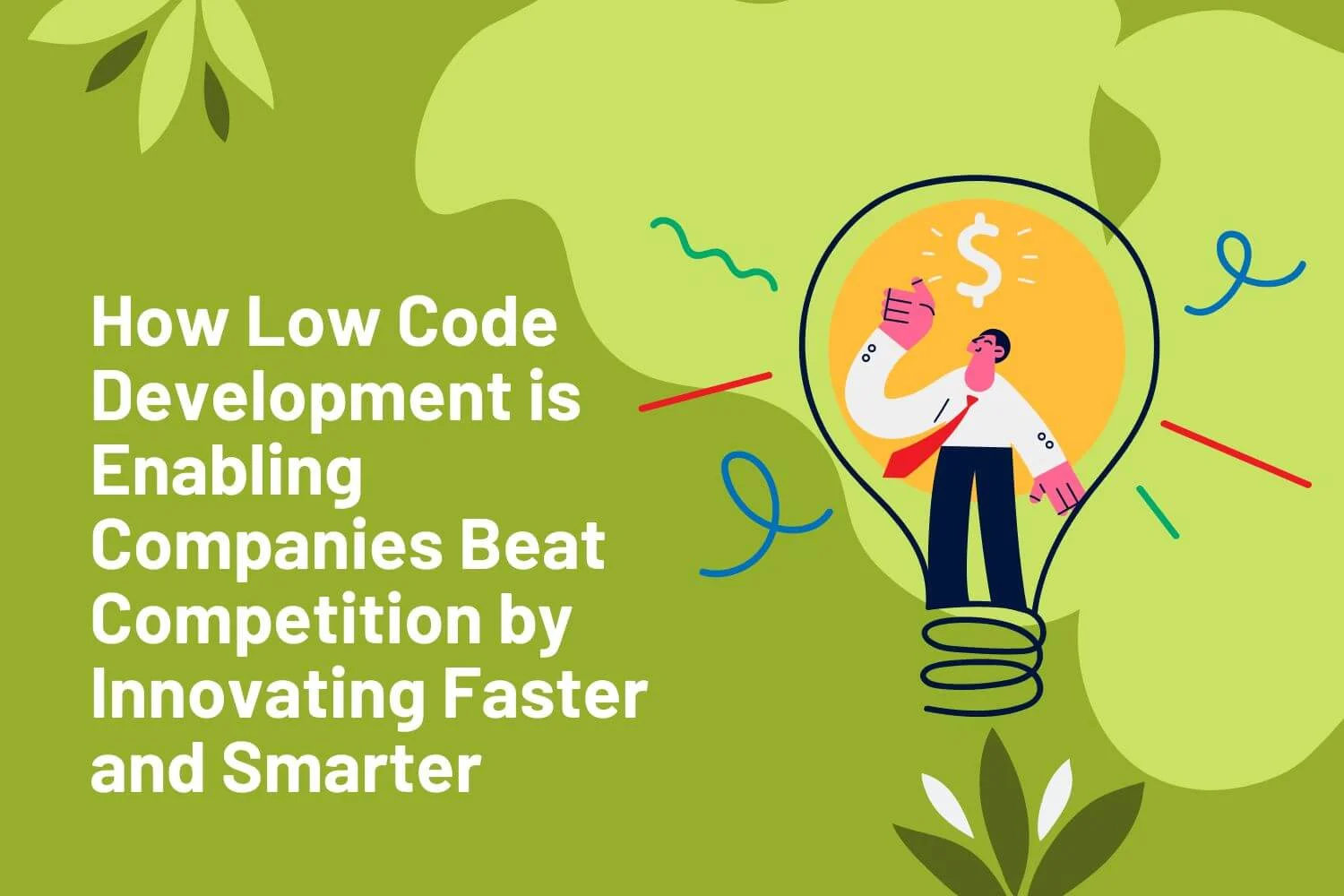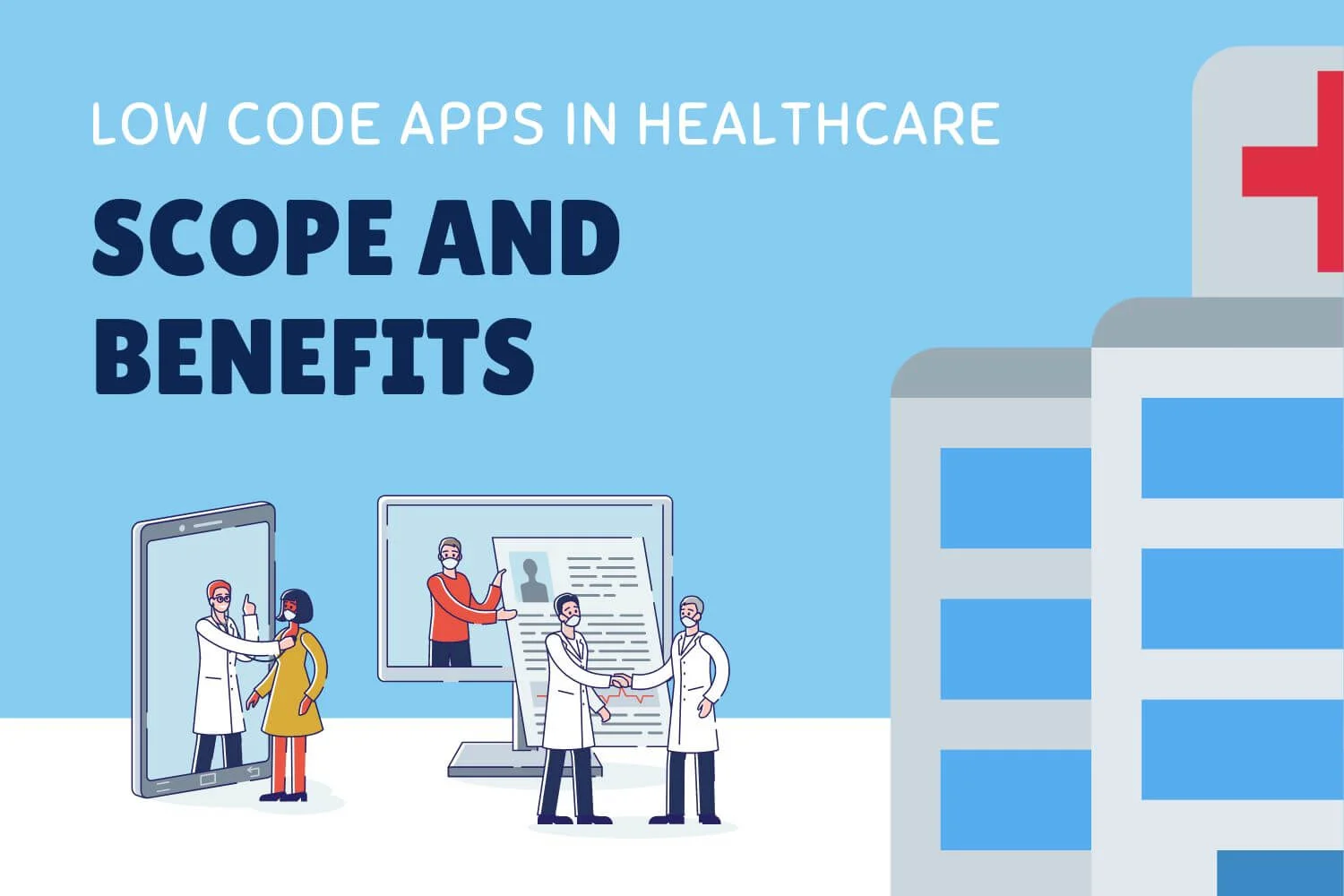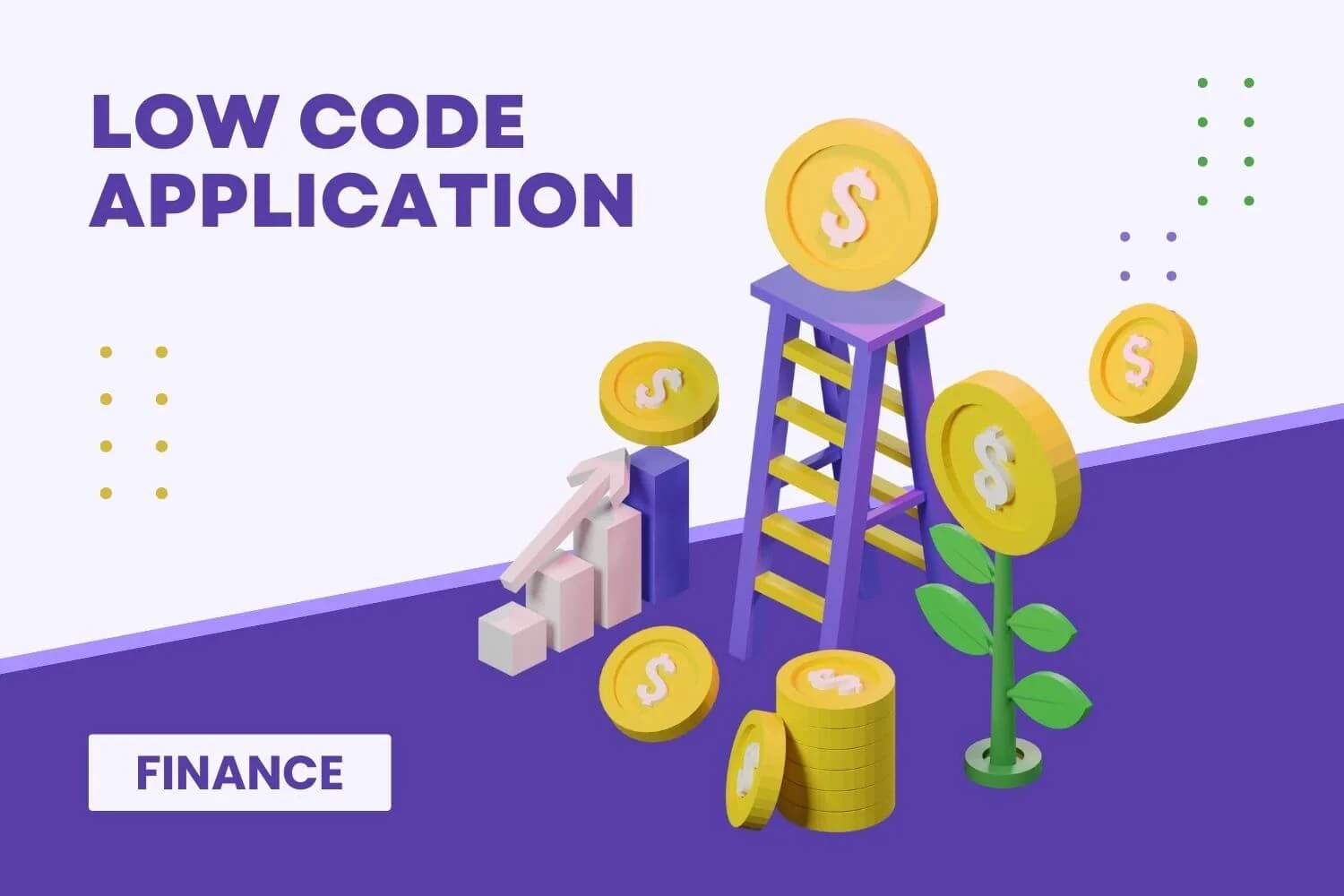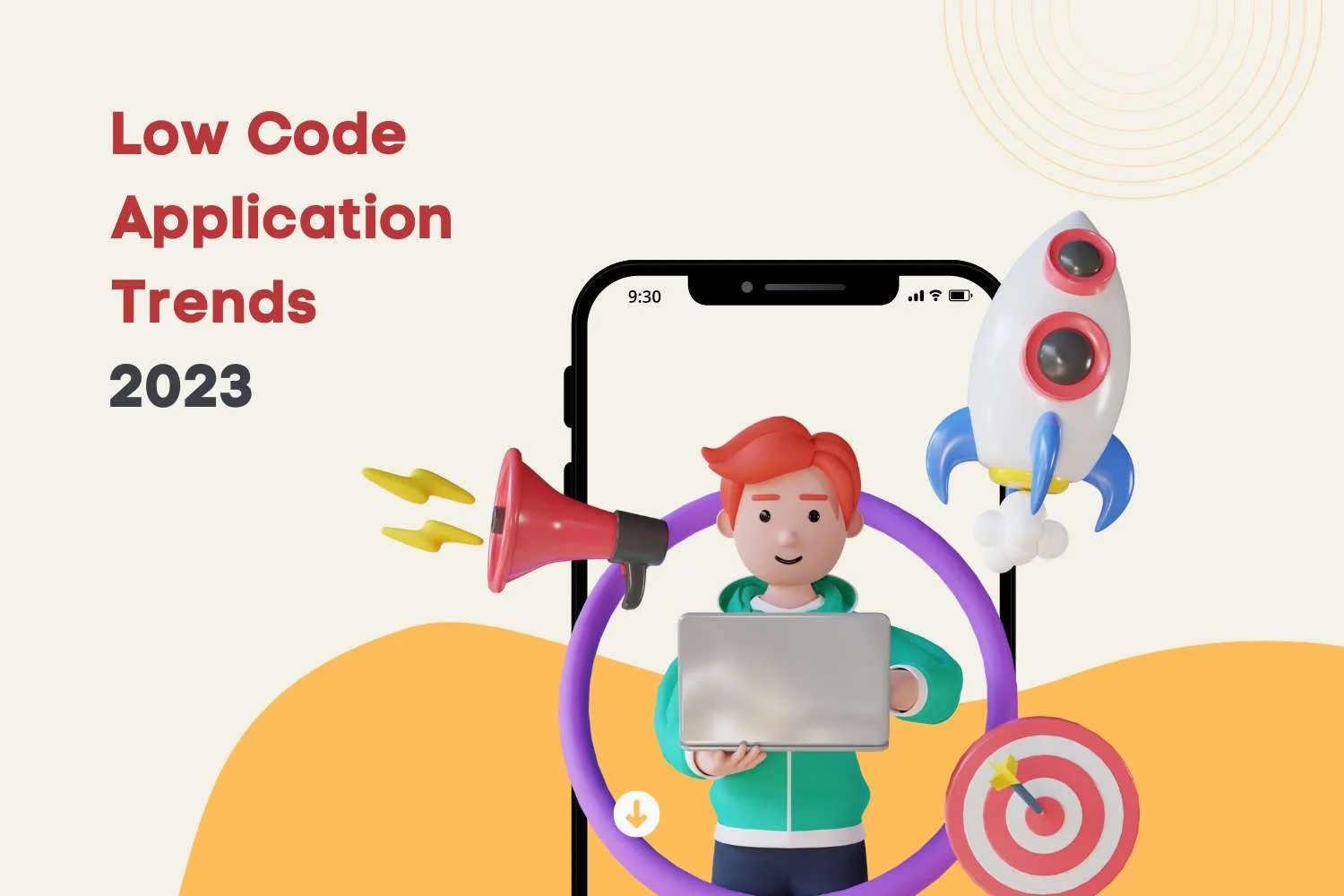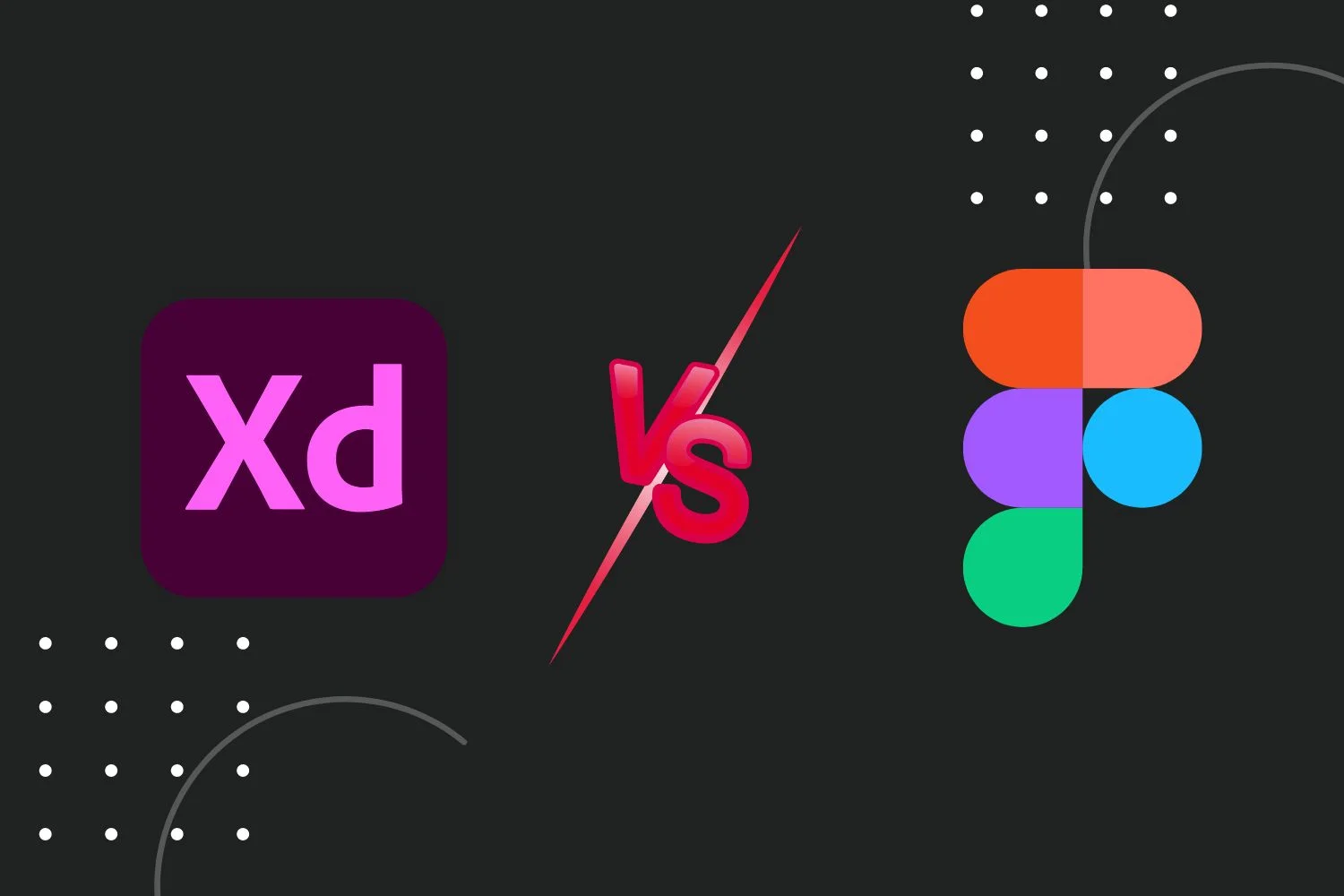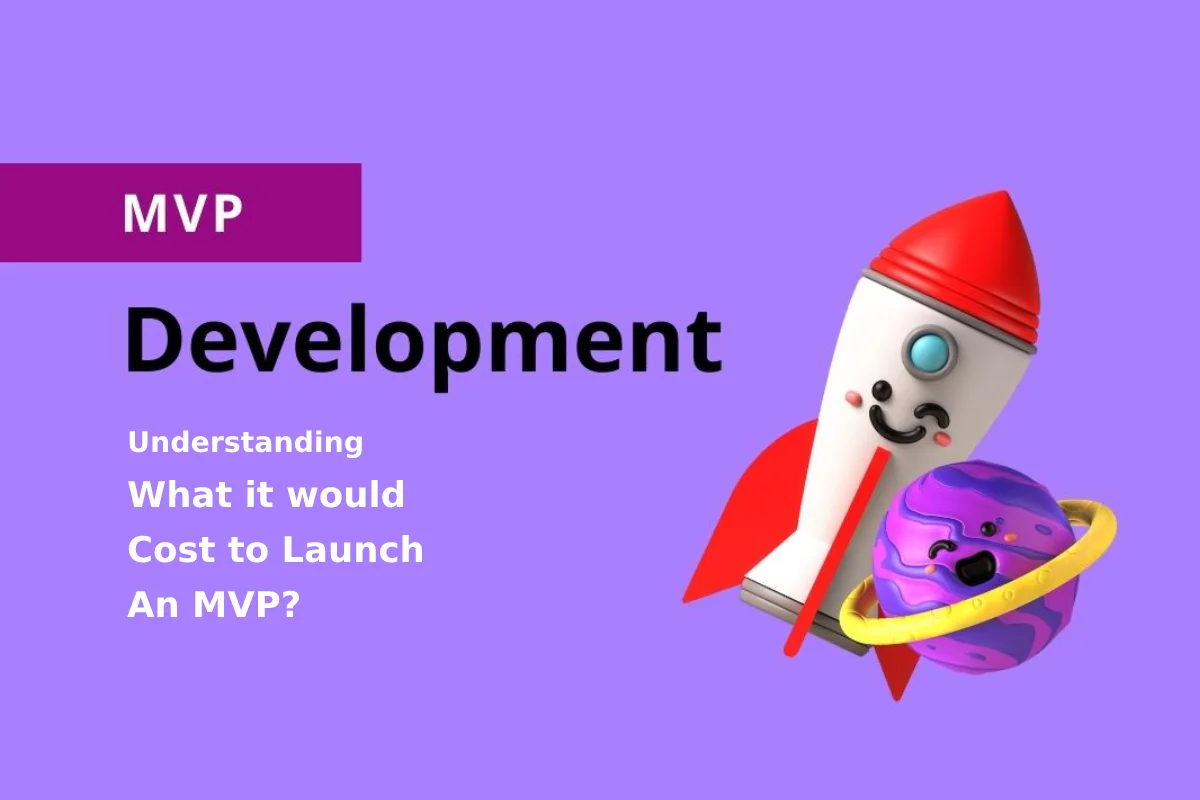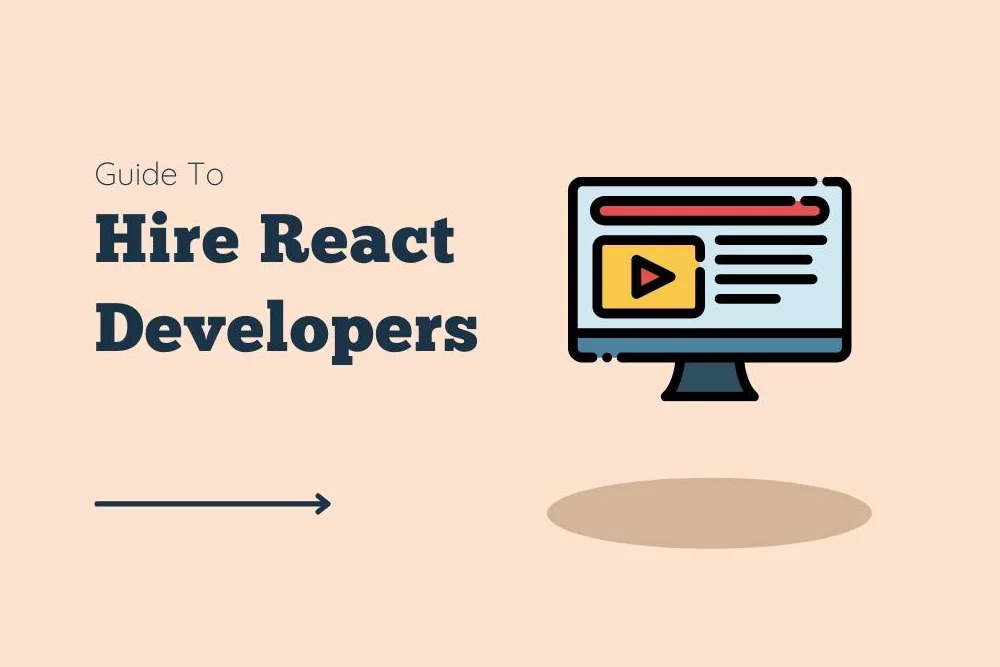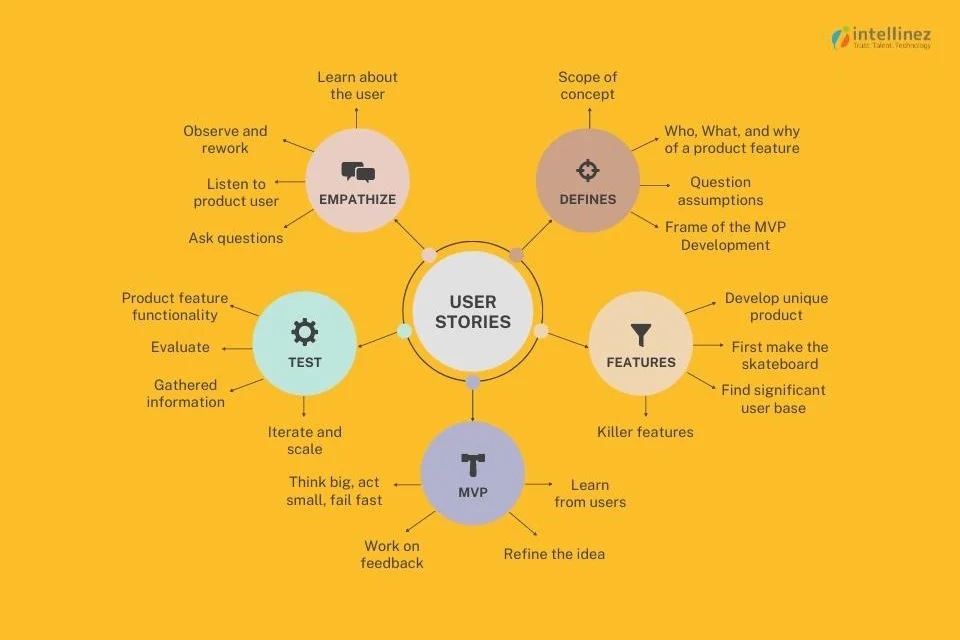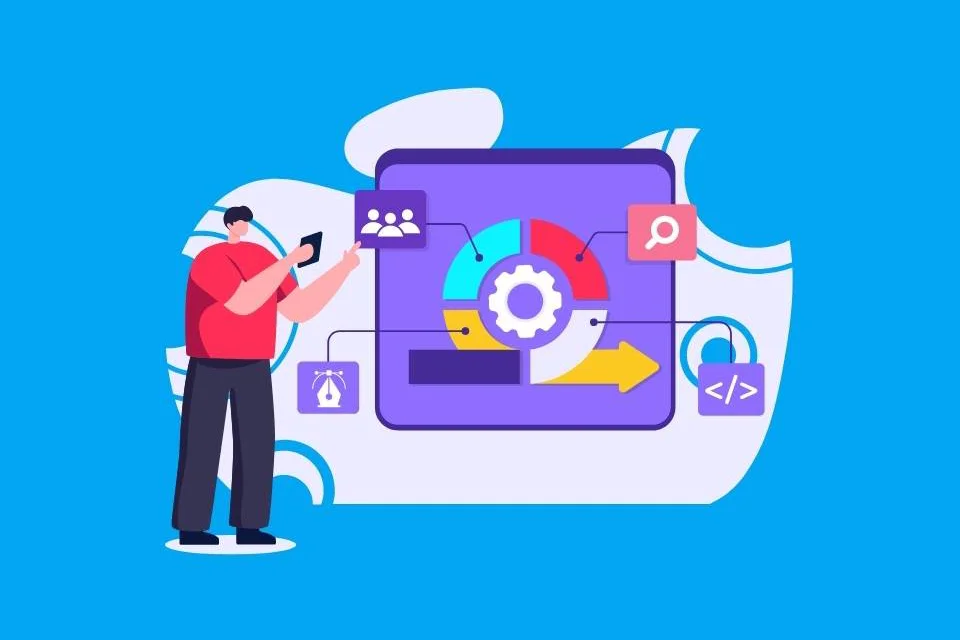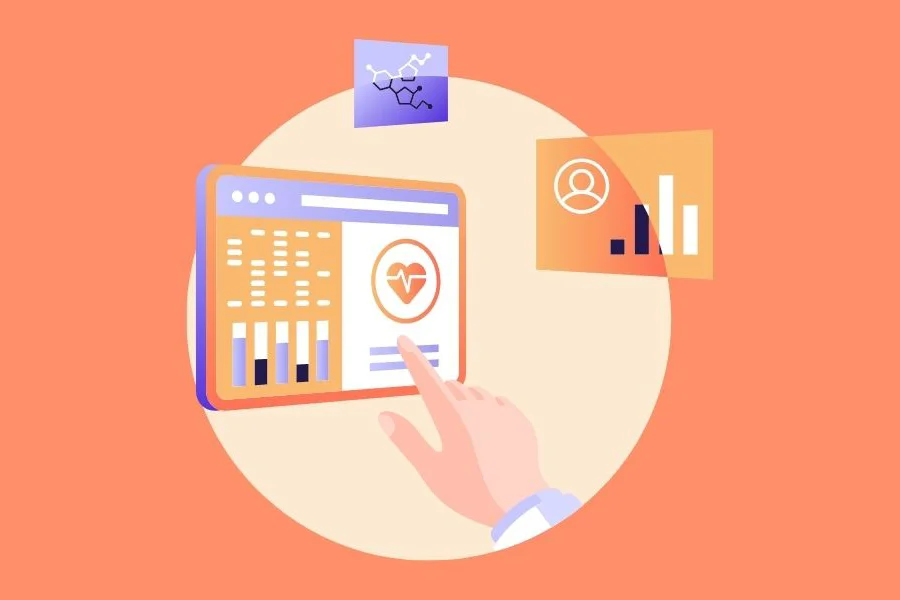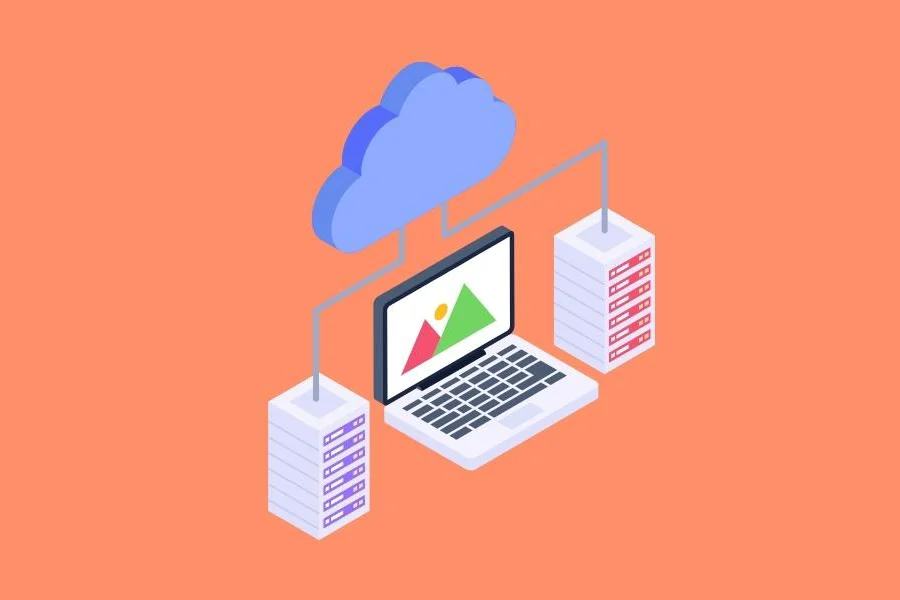As per a survey done by Deloitte, data inaccuracy costs American businesses over $109 billion each year. And you definitely don’t want to be one of those companies, who lack informed decision making, right?
The global business intelligence industry successfully merged its benefits in 2022, which began with the pandemic’s accelerated adoption of BI tools. Adoption is expected to increase further in 2023, as more businesses recognise the value of efficient data handling and its role in enabling insight-based decision-making processes.
The international business intelligence sector is anticipated to expand at a 7.6% CAGR from $23.1 billion in 2020 to close to $33.3 billion by 2025. The data explosion and growing data literacy have sculpted data-driven cultures in businesses of all sizes. Organizations must effectively use data and insights in day-to-day judgement call as data is generated from multiple sources and its importance in business operations grows.
Business Intelligence Trends To Look Out For In 2023
Here are some key business intelligence trends that will be in focus in 2023:
Automation
Business intelligence enables businesses to automate a variety of otherwise time-consuming and tedious tasks. Businesses can now rely on business intelligence for data automation by utilising a variety of tools and technologies such as artificial intelligence and machine learning, as well as low-code and no-code frameworks.
Business intelligence platforms’ evolving capabilities will continue to play an important role in automation in 2023, and companies will be able to achieve hyper-automation mode for several operational requirements.
Augmentation Analytics
Integrating modern technologies such as artificial intelligence and machine learning makes it easier for businesses to empower non-technical team members with business intelligence. Augmented analytics enables the entire team to quickly create advanced data analytics models and derive valuable insights from them.
Data analytics is becoming more accessible by asking the right questions and providing contextual suggestions for relevant insights, making it one of the most desired features in any business intelligence platform. It will keep making a difference in 2023 because it assists businesses in dealing with the complexity and scale of data through streamlined data collection, cleaning, and insight generation.
Predictive Intelligence
One of the most frequently discussed subjects among BI experts is predictive intelligence. It has the potential to be the primary focus of business intelligence in 2023 because it lets an organization understand potential outcomes and can act as a guiding force. However, in order for the platform to generate suggested alternative options and effective risk management, a company must first collect adequate data and develop reliable future estimates.
Predictive intelligence is anticipated to be used more frequently to identify business possibilities and difficulties. Businesses will almost certainly recognise more convincing use cases for predictive intelligence, and it will play a much more important role in the business intelligence environment.
NLP-based data democratisation features
Natural language processing (NLP) in business intelligence is assisting businesses in democratising data and making sense of unstructured and semi-structured data. Regardless of technical expertise, incorporating NLP into business processes can provide real-time business intelligence to end users, making insight generation and data-driven decision-making easier for businesses.
As computers improve their understanding of human language and the context of queries, NLP will continue to drive the acceptability of business intelligence’s growing importance in 2023. The recent launch of ChatGPT-4 is the best suited example here.
AI-powered Intelligence
In the coming year, artificial intelligence is likely to play a more active role in the business intelligence ecosystem. Businesses are increasing their demand for real-time online data analysis, and business intelligence platforms are expected to develop sophisticated adaptive AI models that are flexible and adapt to real-world changes.
According to Gartner, businesses that can build adaptive AI capabilities by 2026 will be able to outperform the competition by at least 25% when it comes to operationalizing AI models. AI will emerge as a more dependable and scalable technology capable of accomplishing far more for organisations.
Conversational Intelligence
In 2023, the use of conversational intelligence is expected to grow in a variety of business functions. It enables artificial intelligence-powered business intelligence systems to analyse speech or text and derive insights to help drive business growth.
Apart from marketing and sales, it is expected that several other departments will use conversational analytics to improve business performance. Simultaneously, the level of sophistication in conversational intelligence is expected to evolve.
Business intelligence is projected to be popular in industries such as e-commerce, retail, manufacturing, automotive, healthcare, logistics, financial services, and energy. The year 2023 will be an exciting time for business intelligence platforms and companies looking to improve their data management and process technology.
While it is difficult to predict the exact path that the numerous competences of a business intelligence platform will proceed down the road, the trends outlined here will inherently play a critical role in shaping the business intelligence dialogue.
Watch Out These Things For Business Intelligence To Work For You
Begin with the end goal in mind.
When looking for and implementing tools, businesses should keep their end goal in mind. Businesses can ensure a successful BI implementation by identifying quick wins for the team.
Match your company’s requirements to the appropriate programme.
Because not all tools are created equal, businesses should conduct research before deciding what they require for themselves.
Make use of existing infrastructure.
Instead of starting from scratch, reconfigure existing infrastructure if possible. In many cases, this will save both time and money. This will also reduce IT involvement, allowing you to get up and running faster.
Keep an open mind about future technologies.
Even if you’re just starting to implement or try out a new tool, it’s critical to be aware of how new technologies may impact your decisions.
Keep your company’s needs in mind.
Many of the tools available can be used for a variety of purposes, but businesses should always keep in mind their own priorities and goals.
Keep track of performance metrics.
Before you begin any implementation, establish a set of measurable milestones; once these are met, it’s time to consider another tool or technology.
What are the most important types of data for business intelligence and analytics?
Companies may arrive at better choices that will enable them to grow and succeed by understanding and analysing data. What kind of data, however, is actually useful for these purposes? Here are some of the most important kinds:
Client demographics
Understanding your clientele and their buying patterns can help you optimise products and services for higher levels of customer satisfaction.
Data from the industry
This refers to competitor information as well as current market dynamics. Fully understanding further about the above might help you better understand how your company’s leadership should operate.
Historical Data
Access to historical data is valuable because it enables businesses to track performance over time and identify trends that would otherwise go unnoticed until it was too late.
Internal business operations
This refers to information such as business plans, financial statements, and so on. It is difficult for a business to operate efficiently from day to day without this type of data.
Marketing information
One of the many advantages of marketing data is the ability to track marketing expenses and increase advertising efficiency. Business owners cannot accurately determine how their efforts affect their revenue or sales over time without it.
Product effectiveness
Recognizing how a product works in addition to anticipations can help shape subsequent choices about enhancing or rolling out new versions.
Sales Data
Accessibility to regional and national sales figures can better guide a company’s immediate and long-term planning — without such data, making informed decisions is nearly impossible.
Data from the social sphere
Data from social media interactions is a type of “social listening.” Understanding what your customers are saying about you on the internet will assist you enhance client satisfaction and make more informed company choices centred on this feedback.
Utilization Of Technology
Knowledge of which technologies your workforce (and clients) prefer to use, whether network infrastructure or applications, will give you insight into the extent to which these tools are geared to satisfy their requirements in various situations.
Unstructured Data
This term refers to data that does not fit into a fixed standard, such as word docs or emails. Because so much communication takes place in these modes today, having access to unstructured data can be extremely beneficial to businesses.
These types of data are critical for business intelligence and analytics. Understanding how to access, analyse, and use this type of data allows you to run a better business that will grow faster while remaining relevant in volatile markets.
Learn From The Business Giants
The biggest and most prosperous businesses of today use data to their advantage when making crucial business choices. Consider the accomplishments of these well-known companies to gain a better understanding of how your organisation might apply data analytics to its decision-making process.
Google’s Leadership Development
Google continues to place a strong emphasis on “people analytics.” Google collected information from more than 10,000 performance assessments as part of one of its well-known people analytics programmes, Project Oxygen, and compared the information with employee retention rates.
Google established training programmes to cultivate these competencies after identifying the traits of high-performing managers. As a result, managers’ median favorability ratings increased from 83 to 88 percent.
Starbucks’s Real Estate Choices
Following the closure of hundreds of Starbucks outlets in 2008, then-CEO Howard Schultz pledged that the company will choose new store locations more analytically going forward.
Starbucks currently collaborates with a location analytics business to identify the best shop locations based on information such as traffic patterns and demographics. When making choices, the company also takes feedback from its regional teams into account. Starbucks uses this information to assess a location’s chance of success before making a new investment.
Driving Amazon Sales
Using data, Amazon determines which products to suggest to customers based on their past purchases and search behaviour patterns. Amazon’s recommendation engine is powered by data analytics and machine learning rather than making random product recommendations. According to a McKinsey assessment, the recommendation engine of Amazon was responsible for 35 percent of consumer purchases in 2017.
Conclusion
Without a question, the breakthroughs in machine learning, artificial intelligence, and IT will ensure that business intelligence remains relevant. Businesses are increasingly allowing workers to work remotely. This necessitates the adoption of intelligent procedures that enable business owners to recognise patterns and apply them to enhance their organisations. Any firm can grow by using benchmarking, data visualisation, and query response. Business intelligence processes must be incorporated into the system of practically any modern business.
Hire Intellinez For Your Data Analytics & Business Intelligence Needs
At Intellinez, we pride ourselves on our ability to provide customized solutions that meet our clients’ unique data analytics and business requirements. Our team of experienced professionals has a proven track record of delivering results through innovative approaches and cutting-edge technologies.
We work closely with our clients to understand their specific needs and challenges, and we develop tailored strategies that help them achieve their goals. By choosing us as your partner, you can be confident that you will receive the highest quality service and support throughout the entire process.
Soumya Mishra
Technology Leader proficient in engineering and execution of enterprise-level IT projects and providing support services on the same. Possesses the ability to set functional and technical strategies, converting them to an achievable plan of action, and driving them to realize and achieve customer success. Passionate leader believing in leading by example, possessing strong problem-solving skills and a can-do attitude. Adept at handling cross-functional teams across the globe and motivating them to achieve outstanding and sustainable results to meet organizational goals and objectives! Guiding Quote – “Every job is a self-portrait of the person who did it, Autograph your work with excellence”












































![A Comprehensive Guide to AWS SaaS Architecture [Diagram Included] 89 Aws SaaS Architecture](http://www.intellinez.com/wp-content/uploads/2024/08/Title-image.jpg)

